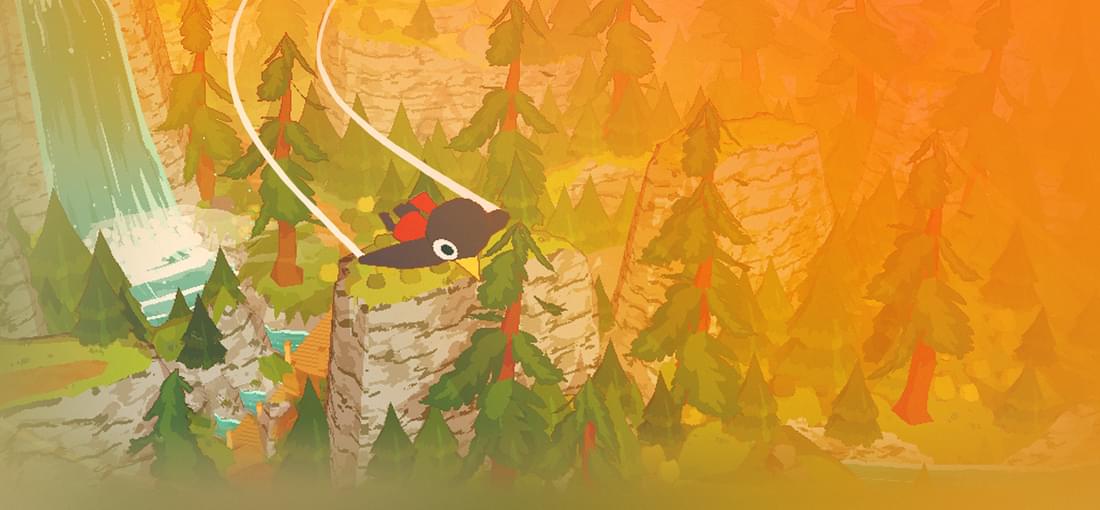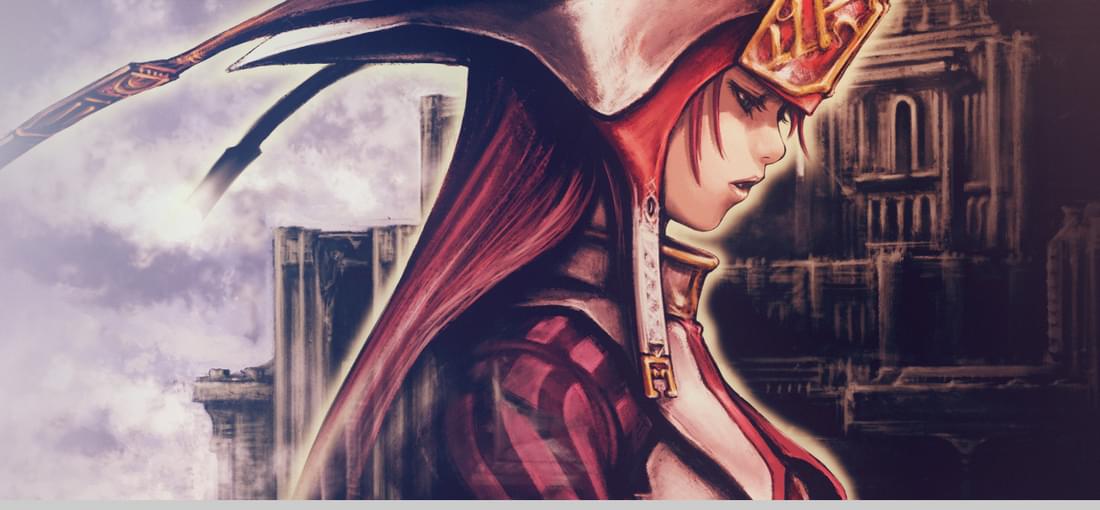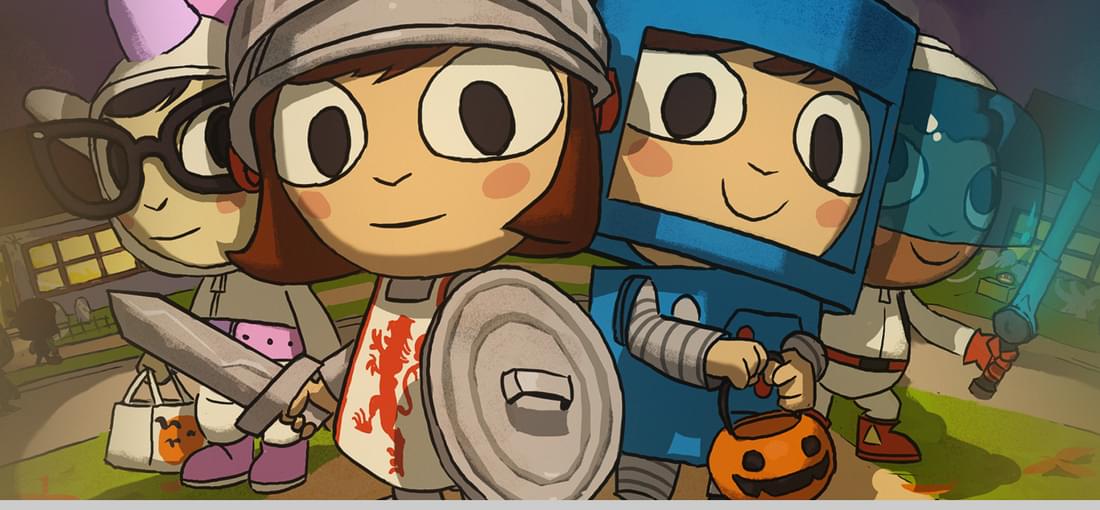


Flower isn't challenging, it doesn't have hundreds of thousands of lines of dialogue (it has none, in fact), and you don't go around hacking and slashing down countless enemies. You are a petal. The wind carries you and you float and soar to make your surroundings green again. I'll be honest, I struggled a bit with the controls at first because they weren't as precise as I would have liked, and they felt a bit floaty - which makes sense if you consider that you are technically controlling the wind. Once I got over that, however, I got weirdly invested, wanted to turn all these grey environments into blooming meadows with trees and flowers, and I never expected it to be anything other than that. There is something more to it, however. I wouldn't call it deep, but it sure surprised me after I got into it without any expectations. The game is quite pretty, and the music is very nice and accentuated by the additional sounds and tunes you get when collecting/blooming flowers. Basically it made me smile, then it made me sad, then it made me smile again. For non-completionists it's also quite short (1.5 hours for me). Flower is likely not for everyone, but if you like chill and emotional games, I'd say it's for you. As I said it's not challenging, and while there are a few achievements to get I'd recommend to experience it as is before paying attention to any of that. Relax and just be a petal on the wind.

A Short Hike is just absolutely lovely. I don't want to say too much since it's a pretty short game, though it does have a surprising amount of side content, collectibles and dialogue. The writing is light-hearted and genuinely funny, the gameplay is relaxing yet varied. The game is meant to be played in the pixelated visual style you can see on the screenshots, and while I really liked that and thought it works well here, there's also an option to un-pixelate it if that's not your thing. The environments are bright and colourful, the music is very nice, and in quieter moments you can just hear nature. It plays and feels like a labour of love, and there's more to it than I would have expected - but a lot of it is mostly optional. You can basically finish the game in about an hour, or you can explore all the side content and spend a couple more hours on it. (Either way it is a short game.) This is a game to make you smile. It's obvious that a lot of love has gone into creating A Short Hike, and the result is a very fun and relaxing experience with enough gameplay variety to keep you engaged for what little of your time it will occupy.

Xanadu Next is really fun and engaging, even though the combat is somewhat simple. You have backstabs - which is really kinda the most reasonable way to go about things - different weapons, spells and skills. You get those skills from weapons. Each has an associated skill, and the more you use a weapon, the more Proficiency you gain. At 100% Proficiency (it goes up to 200%) you get to keep the associated skill and use it with any weapon. As you gain Proficiency, you also do more damage with that weapon, quite satisfying. There isn't a whole lot of variety in weapons and armour. You'll always be a melee warrior, and you'll have to increase all of your stats in order to use the next best armour and weapon. Environments are nice to look at and fairly diverse, as are enemies - some of the latter are incredibly annoying to fight though if you don't use magic (ranged) attacks, by which I mean flying enemies because, well, they fly. They just hover. Annoyingly. You either stab them before they can start their incessant fluttering, or you shoot them down with a fireball or magic bolt or some other ranged attack of your choosing. So you have your armour, weapon and shield, four slots for skills - you have to equip even the passive ones to get their effect, which makes sense because otherwise you'd be way too OP, but it's something I wasn't quite aware of at first - and four quick slots. These slots are for potions as well as items you find throughout the game which grant you a variety of abilities you need to progress (e.g. a glove that just lets you punch boulders) or access secrets and side areas. There are also Guardians which grant you bonuses like more XP or faster Proficiency gain; you can only equip one at a time but switch whenever you want. Combat can feel a bit repetitive and the story isn't anything too special, but Xanadu Next is very fun for what it is, plus it's quite pretty and the music is great.

Costume Quest is an explorative collectathon-ish game with turn-based QTE combat, charming visuals and characters, and a lovely imaginative story. It's typical Double Fine in the sense that the gameplay isn't particularly interesting or varied, even though there are a few different things to do - apple bobbing, trick-or-treating, fighting and so on - but the overall creativity is very engaging. Unfortunately gameplay gets a bit stale after the first hour, especially the main part of the game: combat. You collect different costumes for your party of (eventually) three and each of them has its own unique ability, some of which have their use during exploration as well. The combat, however, no matter which costumes you use, always consists of "Press Button - do QTE - Watch Carnage - do QTE 1-3 times - Repeat". Visually it's great, and when I say imaginative I mean that it's quite a throwback to playing pretend as a kid, but it does get repetitive pretty quickly. The costumes are what keeps it from becoming entirely boring, at least, since the designs and individual attack animations can change things up a bit, and seeing each for the first time is fun and almost wondrous. The dialogue is fun, the non-reused (enemy) characters are memorable and interesting, the environments are varied enough (though sometimes slightly confusing to navigate). There are two campaigns, the main Costume Quest and a follow-up called Grubbins on Ice; I started the latter but will admit I have not finished it because I was a bit worn out by the main campaign's gameplay, something that doesn't change much in this DLC. It's a fine game, and I recommend it for its whimsical nature and the sheer fun to be found in it, but its gameplay does leave a lot to be desired.

Eliza is very philosophical since it questions human suffering and its necessity - if there is any - but also Artificial Intelligence and some of the questions surrounding it. The art is very nice. Not necessarily special in any way since it's semi-realistic, but it conveys the mood. Characters are distinct and look like actual people, which is only enhanced by the excellent voice acting. The player character Evelyn, while relatable, is actually a bit bland; she has gone and is still going through some stuff which might explain that, but as much as I hate to say it, her voice delivery made the character the most boring one in the game. Gameplay is what you'd expect from a Visual Novel: Mostly dialogue with some choices to make. I'm not entirely sure how many of those (the last big one aside) actually make a difference to the story itself, but they do change scenes and responses and are varied enough that the player can bring their own personality into the game to some extent. It's a bit difficult to "judge" this game. The questions it asks are nothing new, but the presentation is very well done and the dilemma the player character finds herself in is an interesting one since there doesn't seem to be a definitive right or wrong choice. Again, it's quite philosophical, so your decisions depend on your own reasoning, and even then you might not be entirely sure about any of them. There are several different endings, I've seen all of them, and not one of them seemed completely "right". I'd recommend Eliza if you like thought-provoking stuff. It's an interesting personal journey with links to something much greater, and some of the questions the game asks can simply not be answered outside of personal preference.

The concept, visuals and atmosphere of DARQ are great and altogether make for an actually creepy horror game. The gameplay mechanics had me surprised quite a few times and I love how the change of perspective is implemented most of the time. The creature design is incredibly creative. Until about halfway through, it was engaging and interesting. The puzzles are generally not too difficult, yet not bland. After that point, however ... timed puzzles were introduced. Personally I found the puzzles in the second half of the game quite frustrating due to certain mechanics that may seem cool in theory, but are annoying to play. The enemies, while well-designed, don't do anything interesting, and the way to get past is the same with all of them. The final bit of the game is a trial and error chase sequence. Maybe I've missed some signs telling me what to do, but I had difficulties noticing stuff due to the graphics. (And I do like the visual style, it just doesn't seem suitable for something like this.) The ending was ... confusing at best. On that note, there aren't really any explanations for anything that's happening, and the out-of-nowhere ending doesn't help with that at all. I don't mind vague stories, but they have to be done very well to actually work. This one just doesn't do it for me. I'd still recommend DARQ, but only on sale. It's obvious that a lot of work and talent has gone into this, and some free DLC has been announced, but unfortunately the game still left me disappointed (which, on a side note, has nothing to do with it being "only" 2-3 hours long).